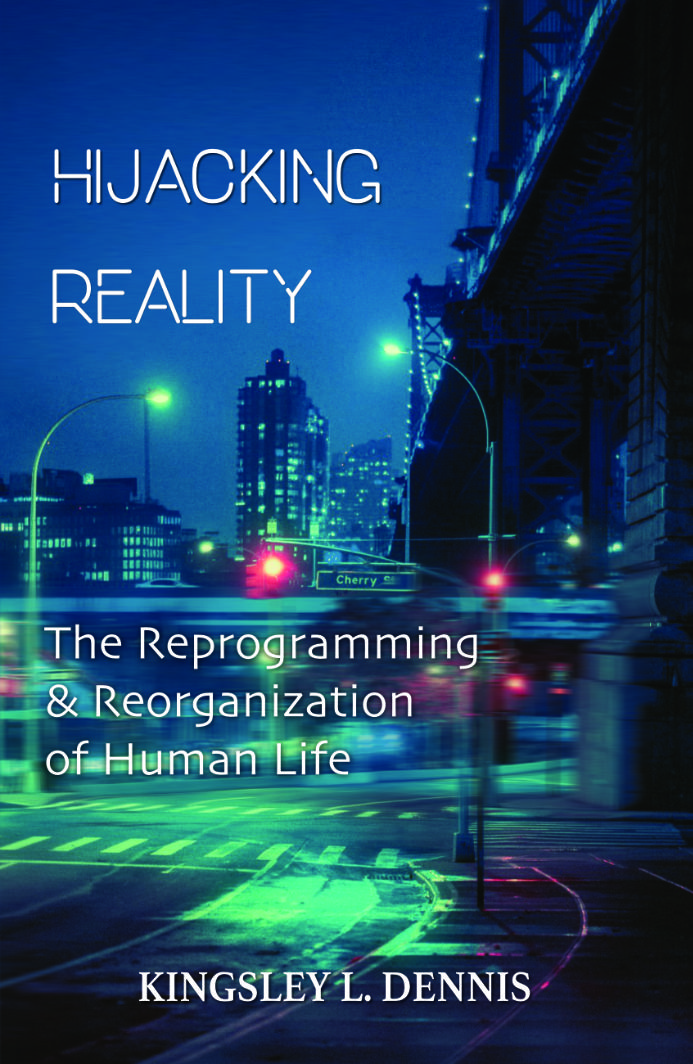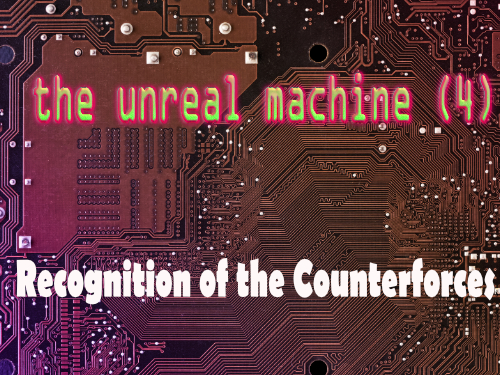Innovative change will emerge and provide creative solutions to current economic and political systems in the years, and decades, ahead. Such solutions are likely to emerge from the periphery; from what are known as ‘disruptive technologies.’ That is, creative alternatives are likely to appear as anomalies yet gradually develop to become serious new models. Such emerging alternative forms of finance and politics will gradually unfold over the coming years, yet may not appear overnight.
In terms of economics these new models may include the following:
- A mixture of both localized and global economic systems will emerge that operate together. The localized models will be based on alternative forms of exchange (city currencies; barter systems; digital payments) that support regional businesses and projects. Various forms of similar micro-currencies will pop up in communities around the world. The global systems are likely to be based upon fewer currencies (or credits) that are agreed upon by the international community – rather than being pegged to a particular currency favoring specific nations. Digital currencies are likely to become a major global player for local, global, and online transactions.
- Governments will learn that a new form of economics must take into account not perpetual growth but sustainable limits and domestic well-being. It will be abundantly clear that the perpetual growth paradigm of 20th century economics is no longer a viable option for maintaining a coherent and stable economic framework. The new economics will be more tangibly connected to value and worth, rather than to virtual hoarding and unsustainable speculating. Following the footsteps of Bhutan’s Gross National Happiness index, different regions will consider their wealth based on the well-being of its peoples. Regional and international economics will value people and their unique contributions. The true wealth of a region will be measured by its local resources and services. Gross National Happiness will become more significant in a world where new minds are looking to create a sustainable, long term future for the planet.
- Debt will no longer be the principle economic driver. This will release people from debt bondage and other forms of forced social indenture. A new economics will once again be seen as a force for creativity, innovation, and development; rather than as a commodity that burdens and restricts people. A new economics will be seen as a medium and energy of circulation. This will include a new array of innovative funding options that will emerge to help small, local projects and needs across the globe.
- Individuals the world over will contribute in funding the projects they relate to and agree with. In a system that develops from the previous crowd-funding model, people everywhere will act as the shareholders, receiving a shared value in profits. Global economics will no longer need to rely on top-down funding, as it develops a strong and reliable decentralized model. This will not neglect the role of larger corporations as younger innovative minds will increasingly take on major roles in businesses of the future. Many corporations and businesses will have to undergo considerable re-structuring in order to survive the transition into the new era. This re-structuring will ensure that they are more responsive to peoples’ needs, as well as the need to invest in the new thinking for a viable future.
- Off-shoring and tax havens will be monitored and, in most cases, dismantled. A newly formulated international financial-credit system will be created that is based on transparent transactions rather than opaque, offshore accounts run by private individuals/organizations. The corrupt international economic system of the early 21st century will be no more.
- The new economics will shrug off the old image of being a source of inequality and a major cause of injustice. Finance will re-brand itself as a means for implementing solid and positive change in the world. It will embrace the decentralized, connected culture and begin to circulate more freely between people in a way that is not restricted solely to financial exchange. An economics of welfare and well-being based on the exchange of services and assistance will also be prominent among the new generations: altruism will replace austerity.
By 2030 I foresee that new financial models will be based on a future that is increasingly decentralized and cooperative. Furthermore, new paradigm business plans will catalyze creative forms of leadership and inspiring role models. This will also impact current political systems.
Politics in the Age of the Phoenix Generation
Democracy has thus far shown itself to be open to corruption, manipulation, and inefficiency. In other words, it has not delivered on the goods it has always promised. Rather, democratic politics is a form of ‘democracy’ in name only, despite the relative progressive nature of western political systems. It has still not truly been a political process representative for the people – especially when the choices for voting are so limited. It has been similar to deciding between two varieties of product on the shop shelf (only to find out later that both products are owned by the same multi-national company!). Political processes the world over fall short in their offerings. They have yet to represent a truly inclusive and transparent political process. For this reason, the political process is set for change in the years ahead. I suggest the following:
- So-called ‘political parties’ will not be exclusively for politicians. The domain of politics will diversify and will consist of peoples from all areas of life to represent local, national, and international regions. Governments, and the political process, will not exclusively be the domain of career politicians: it will be comprised of representatives from all walks of life. These will include, but not be limited to, civil society; community representatives; trade representatives; scientists; well-known thinkers/intellectuals; architects/designers; and cultural creatives and artists. Furthermore, each person (voter) will be able to be included in the various stages of the political process through digital forms of participation.
- The new young voters of the Phoenix Generation will no longer accept the bickering and name-calling that has generally been called ‘politics’. The new youth will not want the old divisive energies from the previous era. The new minds will wish for integrity, honesty, and transparency in the political process, irrespective of geography and culture. There will no longer be any space for the old debates – politics will have to drop the crude, often simplified and manufactured discussions of Left vs. Right; Capitalism vs. Anti-capitalism; Democratic vs. Republic, and the rest. The old paradigm mentality will wish to continue fighting over these ruptured and antiquated distinctions; yet those of the new model will no longer accept their rudimentary and divisive tactics. Increasing human awareness and instinctual intelligence will see through the theatrical two-dimensional charade that was once used to sway the masses. Those of the Phoenix Generation will instinctively know that the most destructive decision that an individual can make is to give away their own authority and decision-making power. This new era of change will herald the rise of participatory politics.
- Technologies for more inclusive and participatory democracy will emerge that will benefit the people. The political processes that will survive the transition years of the next two decades will be those that represent the participatory spirit of the people. The survival of politics as we know it will depend on the ability of personages and processes to re-calibrate and be in alignment with the increasing numbers of awakening individuals. Our digital technologies will ensure that participatory politics is a practical reality. The generation(s) to come will ensure that the practical reality becomes a genuine one.
- There will emerge a wave of conscious leaders who will not be out to sell themselves on superficial short-term promises. There will still be leaders in the field of politics, as there will be in other fields. However, the new leaders that will emerge from among the Phoenix Generation will be fully involved in participatory politics. They will know that they have a responsibility to listen to the feedback of others. The new wave of leaders will instinctively understand that theirs is a planetary society where a long-term future vision is required. This long-term political perspective will instinctively embrace a planetary perspective where peoples, nations, issues, and needs are all woven together into a penetrating and interlacing worldview. Participatory politics inherently recognizes that any regional problems and issues are global ones too and therefore shared. The young leaders of the Phoenix Generation will carry the new energy into the conflict regions, such as the Middle East and Africa. The new wave to emerge in politics will not be confined only to the so-called ‘industrialized’ nations but will, importantly, rise up and develop in those areas most in need.
- Political responsibility will be seen as critical. The goal of participatory politics that is set to emerge will have peace and transparent political responsibility as a priority. The prospect of peace and unity upon a diverse planet will be one of the radical shifts that signifies a change in direction for our planetary species. It will not happen overnight and will need time and effort.
The political process may be one of the harder institutionalized systems to adapt and change. Yet it will do so, in time, mainly because of a new wave of younger people entering its ranks with renewed vision and goals.











